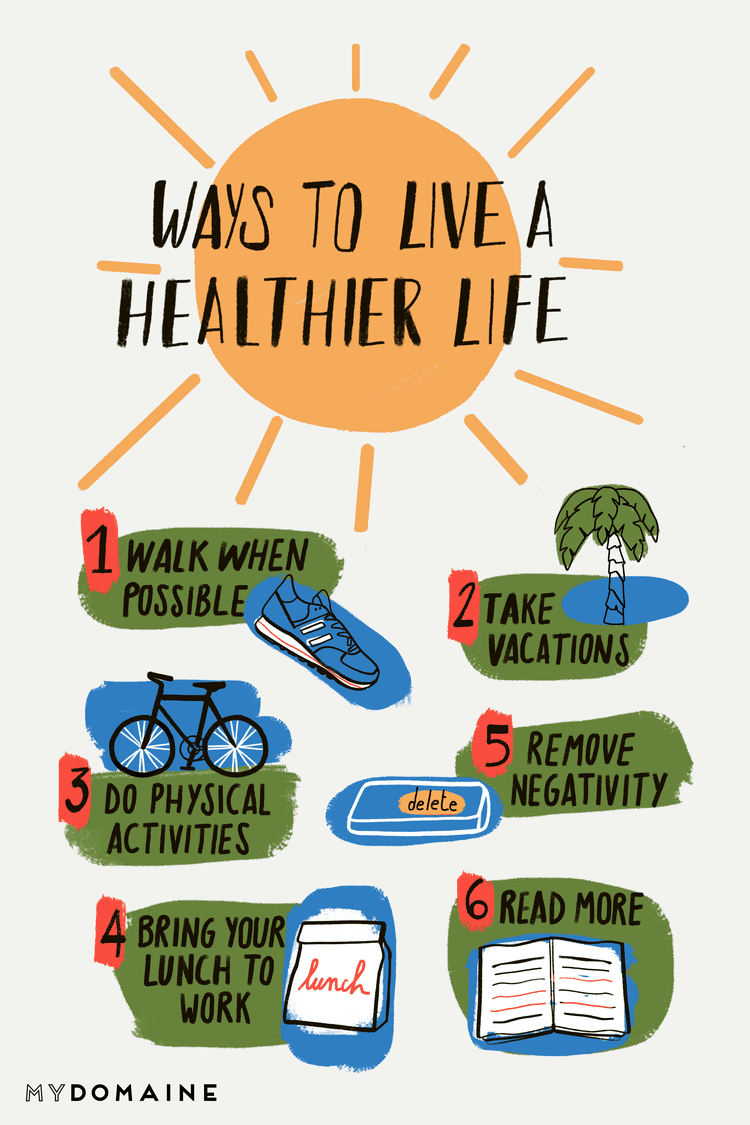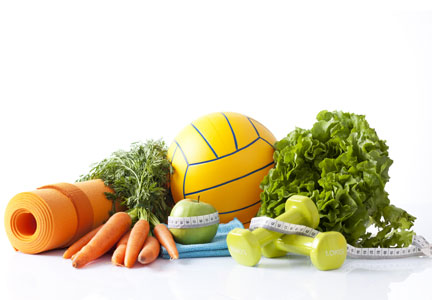
Senior citizens need to eat healthy food. A healthy diet for older adults should include plenty of nutrients and protein. This will ensure that they live a happy life. Also, a healthy diet can prevent many ailments.
Also, seniors should drink water throughout the day. Water is good for seniors as it helps lower blood pressure, prevents infections in the urinary tract, and provides clarity. It is recommended that they drink eight eight-ounce glasses of fluids daily.
Fruits and veggies are great foods for the elderly. They are rich in antioxidants. Antioxidants reduce inflammation and increase immunity. The best way to combat colds and flus is with fruits and vegetables.
Two cups of vegetables should be consumed daily by older adults. Vegetables contain a lot of vitamins and minerals. They are also low in calories. For seniors, it is important to ensure they get enough calcium for strong bones and teeth.

Vitamin C can be found in vegetables and fruits. Consuming a lot more fruit can reduce your risk of developing heart disease, dementia, or Alzheimer's.
Meat is another important part of a senior's diet. Red meat is a good source of protein. Red meat is a good source of protein. It also contains a lot of iron. Other iron-rich foods are oysters, lentils, pumpkin seeds, and so on.
Vitamin B12 can be found in eggs, which is great for seniors to avoid heart disease. Moreover, eggs provide much-needed protein. A boiled egg is a great breakfast option.
Bananas contain potassium which is great for muscle relaxation. Blueberries also have been shown to lower age-related physiological change. Asparagus is rich with vitamins E & C. It boasts a distinct earthy flavor. It can be used in salads and omelets.
High levels of omega 3 fatty acids in foods can help seniors to avoid heart disease and arthritis. Omega-3 can keep your brain active and protect you from mental decline.

Older adults should be wary of processed meats. The bacteria found in raw seafood and poultry can lead to food poisoning. Also, processed meats can contain high levels of nitrates that can lead to cardiovascular disease and heart problems.
Black rice is another food that's good for older adults. Black rice is rich in fiber and antioxidant polyphenols, which are important in curing inflammatory conditions. Consuming black rice regularly can prevent Alzheimer's disease and cancer.
If you want to prepare special foods for your senior relatives, it's a good idea to check the nutritional value of the foods you plan to serve. If you have any questions, a nutritionist can help you make changes to your diet. Seniors should avoid raw sprouts and unpasteurized dairy.
Old people need to eat food that is nutritious and easy to digest. Avoid oily or spicy food, as this can cause discomfort. Locally grown foods are best.
FAQ
What are 10 healthy behaviors?
-
Eat breakfast every day.
-
Don't skip meals.
-
Be balanced.
-
Drink plenty of water
-
Take care to your body.
-
Get enough sleep.
-
Stay away from junk foods.
-
Daily exercise
-
Have fun
-
Make new friends
How can I get enough vitamins
Your diet can provide most of your daily requirements. Supplements may be necessary if you are not getting enough of a particular vitamin. You can purchase a multivitamin that includes all the vitamins needed. You can also buy individual vitamins in your local drugstore.
Talk to your doctor if there are any concerns about getting adequate nutrients. Some examples of rich sources of vitamins E and K include dark green leafy vegetables, such as spinach.
Ask your doctor to help you determine the right amount of vitamin. He or she will recommend the appropriate dosage based on your medical history and current health status.
Take herbs and other supplements to improve your immunity
You can boost your immune function with herbs and natural remedies. Examples include ginger, garlic and oregano, echinacea, vitamin C, ginkgo Biloba, and echinacea.
These herbs should not be considered as a substitute for conventional medical treatment. Side effects include nausea, dizziness and stomach cramps.
What can I do to boost my immune system?
There are trillions of cells in the human body. These cells work together to form organs and tissues that perform specific functions. If one cell dies, a new cell replaces it. Hormones, which are chemical signals that allow cells to communicate with one another, enable them to do so. All bodily processes are controlled by hormones, including metabolism and immunity.
Hormones, chemicals that are secreted throughout the body by glands, are chemicals. They are chemicals that travel through the bloodstream and function as messengers to control how our bodies work. Some hormones come from the body and others are produced outside.
When a hormone-producing gland releases their contents into the bloodstream, hormone production begins. Once released, hormones move through the body until they reach their target organ. Some hormones are only active for a brief time. Some hormones remain active for longer periods of time and can continue to have an impact on the body's function long after they are gone.
Some hormones can be produced in large amounts. Some hormones are produced in large quantities.
Some hormones are produced at certain times during life. The production of estrogen can occur during puberty and pregnancy, as well as menopause and old age. Estrogen assists women with breast development, bone density, and osteoporosis prevention. It also promotes hair growth and keeps skin smooth and soft.
Statistics
- In both adults and children, the intake of free sugars should be reduced to less than 10% of total energy intake. (who.int)
- Extra virgin olive oil may benefit heart health, as people who consume it have a lower risk for dying from heart attacks and strokes according to some evidence (57Trusted Source (healthline.com)
- This article received 11 testimonials and 86% of readers who voted found it helpful, earning it our reader-approved status. (wikihow.com)
- According to the 2020 Dietary Guidelines for Americans, a balanced diet high in fruits and vegetables, lean protein, low-fat dairy and whole grains is needed for optimal energy. (mayoclinichealthsystem.org)
External Links
How To
What does the meaning of "vitamin?"
Vitamins are organic compounds naturally found in food. Vitamins aid us in absorbing nutrients from the food we eat. Vitamins cannot be made by the body; they must be taken from food.
There are two types of vitamins: water soluble and fat soluble. Water-soluble vitamins dissolve in water easily. These include vitamin C (thiamine), Vitamin B1 (riboflavin), Vitamin B2 (riboflavin), Vitamin B3 (niacin), Vitamin B6 (pyridoxine), Vitamin C, B1 (thiamine), Vitamin B2 (riboflavin), Vitamin B3 (niacin), and Vitamin B6 (pyridoxine). Fat soluble vitamins are stored in the liver and fatty tissue. Vitamin D, E, K and A are some examples.
Vitamins are classified based on their biological activity. There are eight major groups of vitamins:
-
A - Essential for healthy growth and health maintenance.
-
C - important for proper nerve function and energy production.
-
D - Essential for healthy teeth and bones.
-
E - required for good vision & reproduction.
-
K – Required for healthy muscles & nerves.
-
P – vital for building strong bones.
-
Q - aids digestion, absorption and absorption iron
-
R - Required for red blood cell production
The recommended daily allowance of vitamins (RDA), varies depending upon age, gender, physical condition, and other factors. The U.S. Food and Drug Administration sets RDA values.
For adults aged 19 or older, the RDA of vitamin A is 400mg per day. Because it is essential for the development of the fetus, pregnant women should consume 600 micrograms per days. Children ages 1-8 require 900 micrograms per day. Babies under one-year old need 700 micrograms per daily. Between 9 and 12 month, however, this drops to 500 mg per day.
Children aged 1-18 years need 800 micrograms daily, while children overweight require 1000 micrograms per days. Children who are severely obese or underweight will need 1200 micrograms each day.
Children aged 4-8 who have anemia are required to consume 2200 micrograms of Vitamin C daily.
2000 micrograms are required daily for good health in adults over 50. Breastfeeding or pregnant women require 3000 micrograms per daily due to higher nutrient demands.
1500 micrograms is the recommended daily intake for adults aged 70+, as they lose 10% of their muscle every ten years.
Women who have been pregnant or are lactating require more than the RDA. Pregnant woman need 4000 micrograms daily in pregnancy and 2500 per day after childbirth. Breastfeeding mothers require 5000 micrograms daily when breast milk production is occurring.